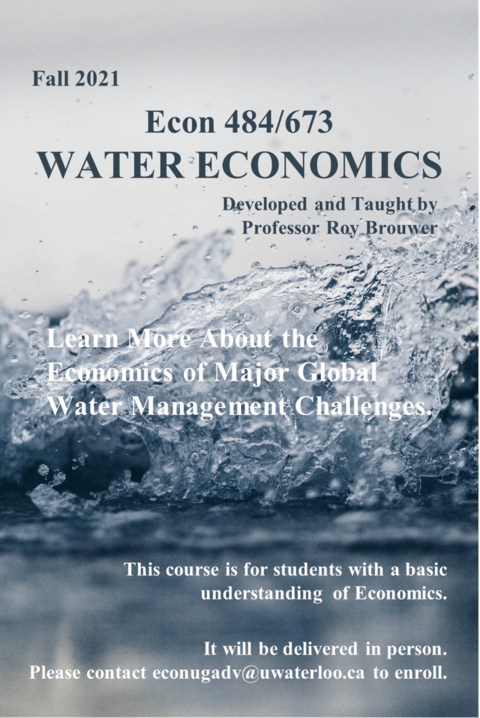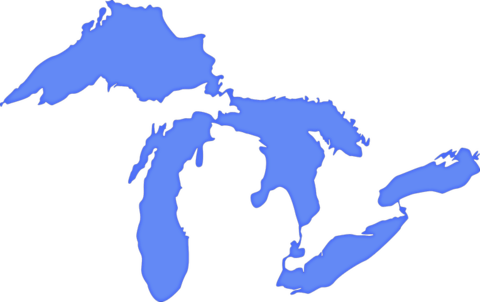Water Institute key partner on new project to address water security in São Paulo, Brazil
São Paulo is not only Brazil’s economic engine and financial centre but also the most populous state in the country, with around 44 million inhabitants in big cities, like the state capital of São Paulo, which has faced water security challenges in recent years. These severe water scarcity conditions impact all aspects of life, including human and environmental health. In an effort to identify new, innovative water management approaches that increase water security in both the urban and rural areas in the state of São Paulo, the Water Institute is collaborating with several Brazilian partners on a new five-year, US$1.2M project entitled “SACRE: Integrated water solutions for resilient cities” funded by the São Paulo Research Foundation (FAPESP).




